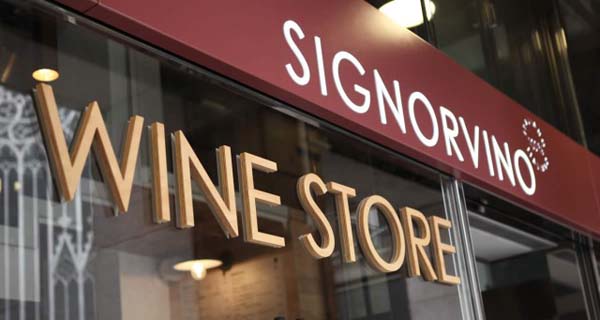
Premium Italian food have become a feeding ground for investors. “There is more potential growth in food industry than in personal luxury goods because healthy is a global trend – says Francesco Moccagatta, managing directos of N+1 SYZ, a merger and acquisitions company. “The attraction of Italy’s small food companies- he adds- is that they are positioned to tap into projected changes in Chinese food consumption habits and to appeal to US and European demands for premium foods and general attention to wellness and eating well. It also costs Eur 600 for a Louis Vitton bag but Eur 30 for a great piece of prosciutto”.
The fashion business is getting a taste for food and they are looking to jump into the global trend of eating well. Renzo Rosso, the entrepreneur behind Diesel and Marni, has bought Bio Natura, the Italian organic food chain; Lvmh has bought Cova, the well known Milanese Pasticceria while Prada has replied buying Pasticceria Marchesi. The company is planning to roll out chain of Marchesi coffee stores in Dubai, Tokyo and Hong Kong. Brunello Cucinelli, the Tuscan fashion designer produces oil in Solomeo village. In Italy’s wine industry a new generation of luxury entrepreneurs is seeking to put the stamp of their experience with branded high- end goods: Gaetano Marzotto is behind Cà’ del Bosco wine brand, Ferragamo family has developed wine labels Il Borro and Castiglion del Bosco, while the founder of Italian underwear chain Calzedonia has opened a chain of wine stores called Signorvino.
Investors in Italian food entrepreneurs is focusing on Italy’s biodiversity. Companies including Giovanni Rana, which controls 40% of the global market for fresh pasta, or the Eataly food chain, are commanding multiple equal to those in the luxury industry. Sales of Giovanni Rana pasta are up to 20% on year. Eataly’s New York flagship is making Eur 70 million in revenues in 2014 year, having opened only in 2010.
